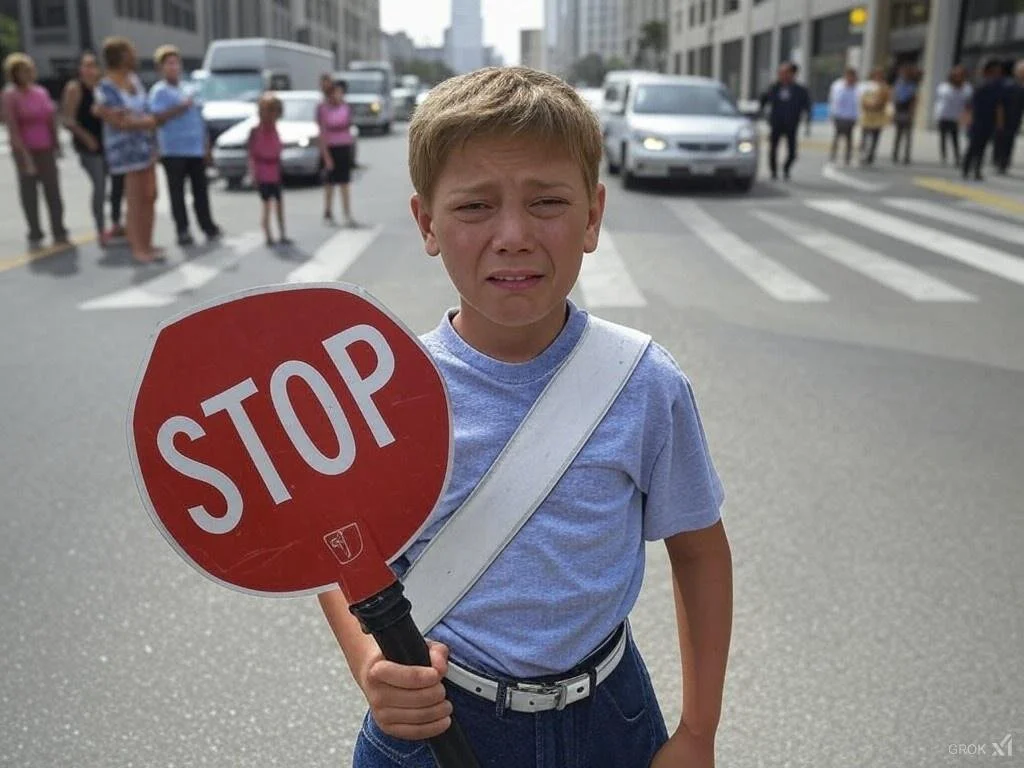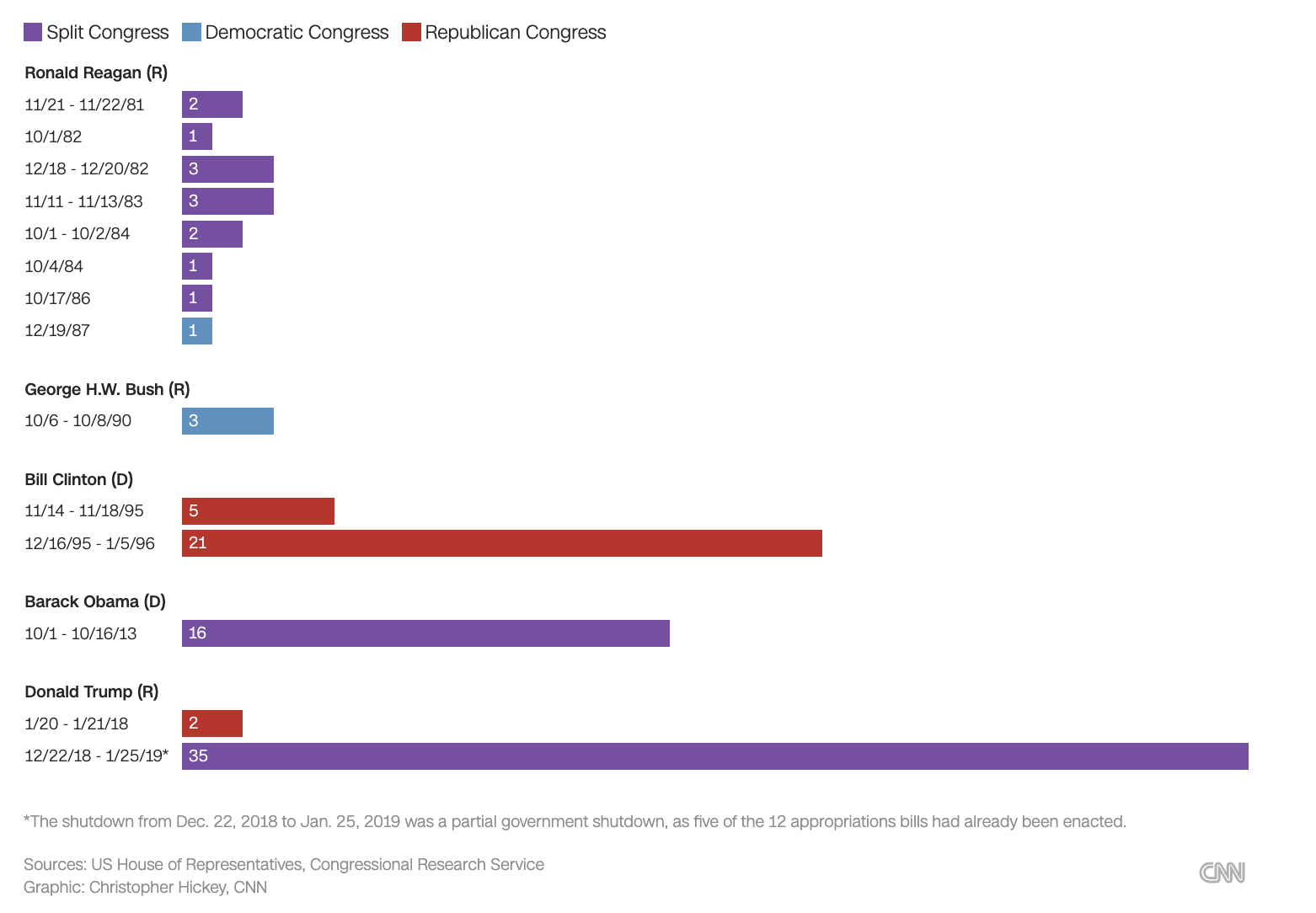Ha — I first noticed this at work in Greenwich, when the police chief dropped school crossing guards during a contract dispute with the BET; only later did I realize it was a universal tactic
/stop, stop! Why won’t you stop?
Charlie Peters' "Fireman First" principle says you always threaten to cut firemen in order to create a public outcry against budget cuts. You're not supposed to actually do it. https://t.co/59hPXhPsuT
— Mickey Kaus (@kausmickey) January 10, 2025
This article from 2013 explains the history and purpose of this classic bureaucratic defense:
Firemen First
Any savvy bureaucrat knows that when budget cuts are looming, you talk about leaving alone what’s unessential and eliminating what is essential. That way, the public will agitate against the cuts.
In 1976, Charles Peters of the Washington Monthly dubbed this approach the “Firemen First” principle, as he explored and explained why firemen and combat troops, rather than desk-bound middle managers, tend to be at the head of the line to be whacked.
Some who are watching the fight in Washington over sequestration—the term for automatic spending cuts that are set to kick in imminently—see the Firemen First principle at play in communications from the White House. “Are they threatening to pare back consultants, conferences travel and other nonessential fluff?” asks conservative Charles Krauthammer in a recent column. “Hardly. It shall be air-traffic control. Meat inspection. Weather forecasting.”
Ever wonder why National Parks are among the first things closed when budgets are being disputed? Because the public will notice. Just as I noticed back in the early 70s when our then-chief laid off $6-hour crossing guards when the BET insisted that he slash costs — his only concession to their demand: “Oh, yeah? How you gonna like seeing your precious children run over? Those are nice kids ya got there, and it’d be a shame if anything happened to them.”
Bonus material
Dates when you couldn’t view the Grand Canyon, Yellowstone, or the Washington Mall:


